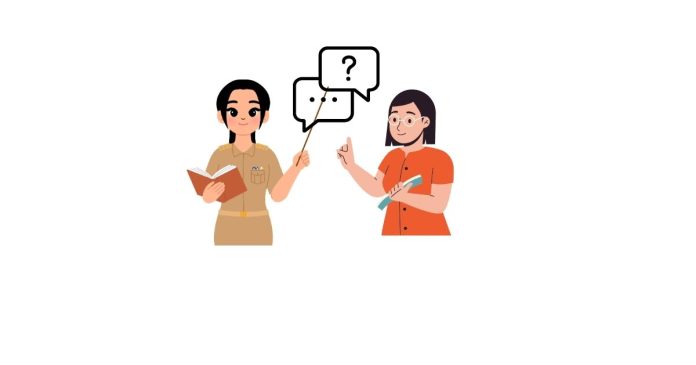In English, there are certain words that start with a consonant letter but are pronounced in a way that gives the sound of a vowel. This phenomenon usually occurs due to the specific sound that the word begins with rather than its written letter. Below are some detailed explanations and examples of such words:
1. Words Beginning with “H” but Sounding Like They Start with a Vowel
- The letter “H” is typically a consonant, but in some cases, “H” is silent or produces a sound that resembles a vowel sound, especially when it precedes certain vowels. This can lead to a word starting with a consonant letter but sounding like it begins with a vowel.
Examples:
- “Hour”: The “H” is silent, so the word sounds like it begins with the vowel sound /aʊ/ (as in “our”).
- “Honest”: The “H” is silent here too, so the word sounds like it starts with the vowel sound /ɒ/ (as in “on”).
- “Honor”: The “H” is silent, and the word is pronounced as if it begins with the vowel sound /ɒ/ (similar to “on”).
- “Heir”: The “H” is silent, and it sounds like it begins with the vowel sound /ɛ/ (as in “air”).
Why It Happens: This occurs because in these words, the “H” is not pronounced, so the word begins with the vowel sound that follows it.
2. Words with the Letter “Y” Acting as a Vowel
- The letter “Y” is sometimes considered a consonant and other times considered a vowel. In cases where “Y” appears at the beginning of a word, it often functions as a vowel, even though the letter itself is a consonant.
Examples:
- “Yogurt”: The “Y” is pronounced as a vowel sound /joʊ/ (like “yo”), giving the effect of a vowel at the start of the word.
- “Yell”: The “Y” sounds like the vowel sound /ɛ/ (as in “sell”).
- “Yellow”: The “Y” here sounds like the vowel /ɛ/ (like in “sell”).
Why It Happens: In these cases, the “Y” at the beginning of the word makes a vowel-like sound, so although it’s technically a consonant in the alphabet, it behaves as a vowel phonetically.
3. Words Beginning with “W” but Pronounced Like They Start with a Vowel
- The letter “W” is a consonant, but when it appears before certain vowels, it often sounds as if it begins with a vowel sound.
Examples:
- “Watt”: The pronunciation of this word sounds like it starts with the vowel sound /w/ (as in “water”).
- “Wool”: The “W” blends with the vowel to make a soft sound that could sound vowel-like in some accents or speech patterns.
4. Words Beginning with “U” but Pronounced Like They Start with a Consonant
- A less common situation, but occasionally, words that begin with “U” might have a “Y” sound at the beginning, giving the impression of a consonant.
Examples:
- “University”: The “U” at the start sounds like the consonant “Y,” pronounced /juː/ (as in “you”).
- “Uniform”: Similarly, “U” here starts with the “Y” sound /juː/, so it sounds like it begins with a consonant, though it is technically a vowel.
5. Words Starting with a Consonant but Containing a Silent Vowel
- Sometimes a word starts with a consonant but has a silent vowel, creating a sound similar to starting with a vowel sound.
Example:
- “Psychic”: The “P” is pronounced, but the “s” and “y” blend together in a way that gives a vowel-like sound at the start of the word.
- “Pneumonia”: The “P” is pronounced, but the “n” creates a vowel-like effect in how the word is said.
Why Does This Happen?
The key reason for these phenomena is that English pronunciation is not always straightforward. While spelling might tell you the letter used at the start of a word, the actual sound may not align with the letter. This is because English has absorbed influences from many different languages, and many words have irregular pronunciations that don’t follow simple letter-to-sound rules. Phonetic rules, rather than spelling, determine the sound, which is why some consonants appear to take on vowel-like sounds.
In Conclusion:
- “H” is sometimes silent and can make a word start with a vowel sound.
- “Y” can act as a vowel at the beginning of a word.
- “W” can blend with vowels to create sounds that feel vowel-like.
- There are also words where the consonant blends with the vowel in a way that makes it sound as though the word starts with a vowel.
These words are exceptions to the typical rule that consonants begin with consonant sounds and vowels with vowel sounds, and they highlight the complexity and richness of English pronunciation.


